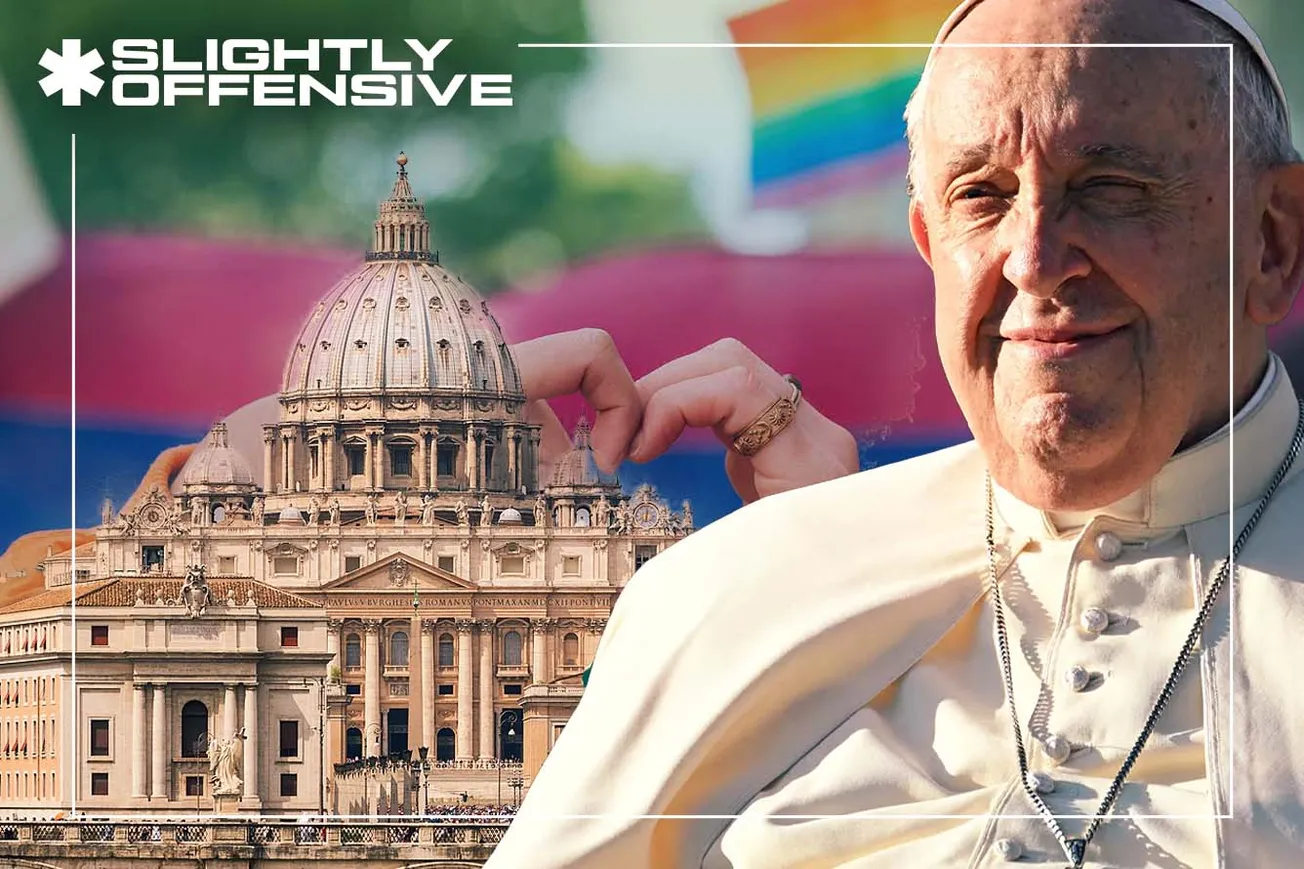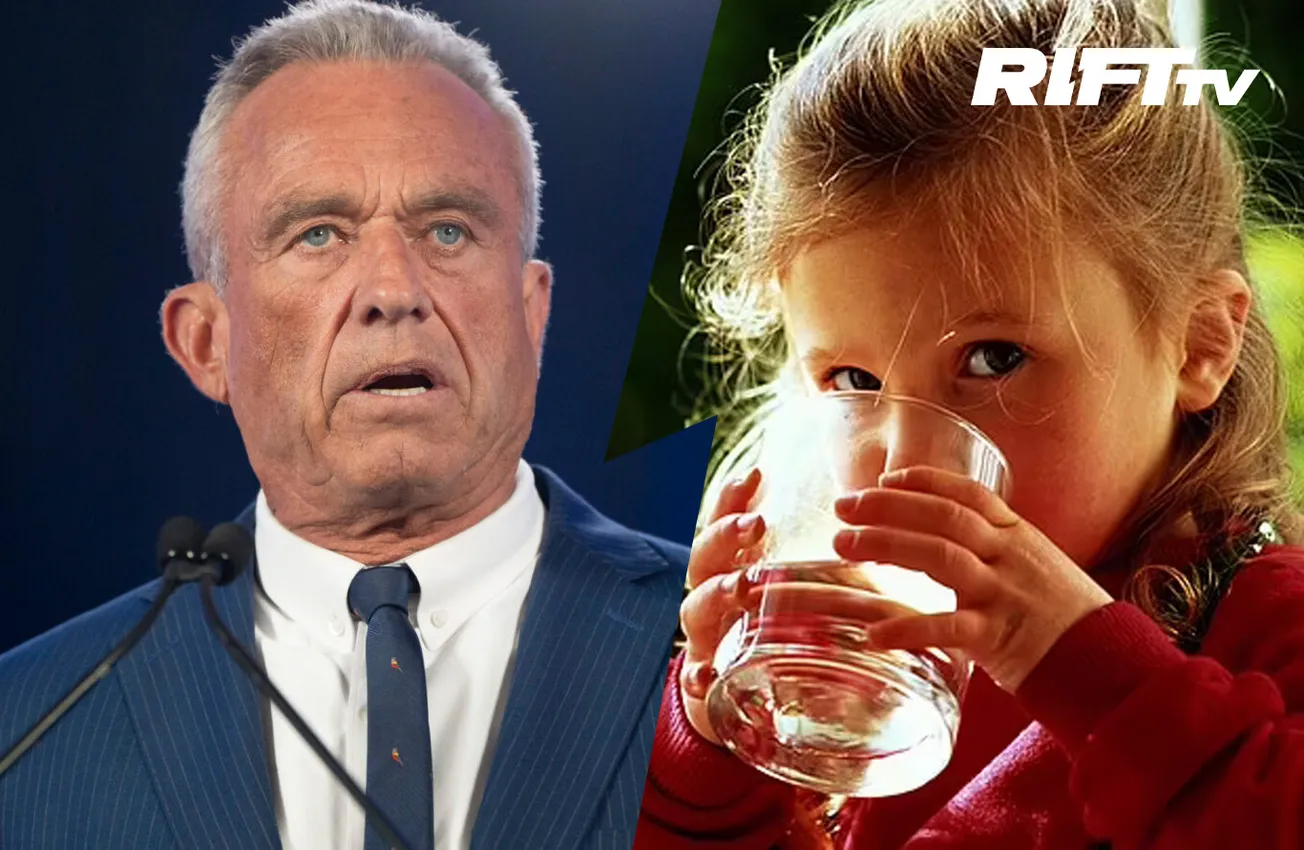For centuries, the Catholic Church has stood as a bastion of tradition, unwavering in its teachings and moral framework. However, recent decisions under Pope Francis, including the Vatican’s evolving stance on homosexual men entering the priesthood, have sparked questions about whether the Church is compromising its core principles to align with modern secular values.
The issue at hand is not merely about the inclusion of homosexual men in seminaries, but about the broader implications of Pope Francis’ approach to inclusivity and his push for the Church to engage with the world in a way that many argue dilutes its spiritual identity.
The Historical Stance: Firm Boundaries
Traditionally, the Catholic Church has taken a clear and uncompromising stance on the issue of homosexuality within the priesthood. A 1961 directive from the Vatican explicitly barred men with "homosexual tendencies" from being ordained. This was reaffirmed in 2005, under Pope Benedict XVI, with guidance stating that the Church “cannot admit to the seminary or to holy orders those who practice homosexuality, present deep-seated homosexual tendencies, or support the so-called 'gay culture.’”
These directives were rooted in the Church’s belief that the priesthood demands complete celibacy and that homosexual tendencies could pose challenges to living this vow authentically. While the Church has always distinguished between the orientation and the act, emphasizing that homosexual individuals are to be treated with dignity, the focus on celibacy has been uncompromising.
BREAKING: The Roman Catholic Church will openly allow Gay men into Roman Catholic seminaries to train to be priests.
— David (@ThePolemikOne) January 10, 2025
🚨🚨 pic.twitter.com/sLh8j4FUEN
The Shift Under Pope Francis
Under Pope Francis, there has been a noticeable shift in tone and policy. While still maintaining the vow of celibacy for all priests, the Vatican recently approved new guidelines allowing homosexual men to enter seminaries as long as they commit to celibacy and refrain from publicly supporting "gay culture." This represents a nuanced approach, focusing on the holistic evaluation of candidates rather than fixating solely on their sexual orientation.
This decision reflects the Pope’s broader vision of a more inclusive Church. His often-quoted statement, “Who am I to judge?” when discussing homosexual individuals, marked a departure from the more rigid rhetoric of his predecessors. His calls for "tenderness" and openness have garnered praise from progressive circles but raised alarm bells among traditionalists.
Critics argue that these changes blur the lines between Church teachings and secular ideologies. The concern is not merely about admitting homosexual men to the priesthood but about what this shift symbolizes: a Church increasingly willing to adapt to contemporary societal norms, even if it means compromising its long-standing values.
A Push Toward Secularism?
Pope Francis’ leadership has been characterized by an emphasis on social justice, climate change, and interfaith dialogue—causes that align closely with secular liberal values. While these issues are undoubtedly important, they risk overshadowing the spiritual mission of the Church.
For example, Francis has been vocal about economic inequality and environmental stewardship, even dedicating an entire encyclical, Laudato Si', to the care of the planet. These are admirable goals, but traditionalists argue that they should not come at the expense of addressing the Church’s primary mission: the salvation of souls.
The Pope’s approach to moral questions also reflects this tension. In a recent interview, he stated that homosexuality is not a crime and urged the Church to show compassion. While true, this statement sidesteps the Church’s doctrinal teachings, which differentiate between compassion for individuals and the endorsement of behaviors contrary to its moral framework.
Critics warn that these positions, while well-intentioned, may inadvertently lead the Church down a path where its moral authority is diluted in favor of aligning with popular opinion.
The Risks of Appeasing Modernity
The decision to allow homosexual men into seminaries under certain conditions raises broader questions about the Church’s willingness to accommodate secular ideals. Does this signal a weakening of the Church’s commitment to its own teachings in favor of inclusivity?
By emphasizing pastoral care over doctrinal clarity, Pope Francis risks alienating traditional Catholics who view these changes as concessions to a secular worldview. The tension is palpable: while the Church seeks to remain relevant in a rapidly changing world, it risks losing the very identity that has sustained it for over two millennia.
The argument is not against inclusivity or compassion; rather, it is about ensuring that these virtues do not come at the cost of doctrinal fidelity. The Church has always been countercultural, standing as a moral compass even when its teachings were unpopular. By bending to the pressures of modernity, it risks becoming just another voice in a sea of secular ideologies.
What Does This Mean for the Future of the Priesthood?
The priesthood is not merely a vocation; it is a calling that demands complete self-sacrifice and adherence to the Church’s teachings. By admitting individuals with “deep-seated homosexual tendencies” under the condition of celibacy, the Church is entering complex territory.
Will this change strengthen the priesthood, or will it create further divisions within an already fragmented Church? Traditionalists fear that this decision will open the door to further compromises, while progressives argue that it is a step toward a more inclusive Church.
The real question, however, is whether these changes will ultimately serve the spiritual mission of the Church or whether they are symptomatic of a broader drift toward secularism.
A Time for Reflection
As the Catholic Church navigates this new era, it must ask itself hard questions about its identity and mission. Is the goal to adapt to the world, or to transform it? Pope Francis’ leadership has undoubtedly brought attention to important social issues, but at what cost?
The decision to allow homosexual men into the priesthood under certain conditions may seem like a small step, but it represents a larger debate about the Church’s role in a secular age. Can the Church remain true to its teachings while engaging with the modern world? Or will it lose itself in the process?
For millions of Catholics, these questions are not merely academic—they strike at the heart of what it means to live a life of faith. Pope Francis may have good intentions, but intentions alone are not enough to safeguard the spiritual integrity of the Church.
The Catholic Church has survived for over two millennia because of its steadfast commitment to its teachings, even in the face of persecution and cultural upheaval. In this critical moment, it must decide whether to hold firm or to drift further into the secular tide.
The world needs a Church that stands as a beacon of truth, not one that becomes indistinguishable from the shifting sands of modernity.
Please leave your opinions / comments on these stories below, we appreciate your perspective!




![Jeremy Renner Opens Up About His Near-Fatal Accident and Incredible Recovery on Joe Rogan [WATCH]](/content/images/size/w1304/format/webp/2025/04/joe-rogan-jeremy-renner.jpg)






Conversation